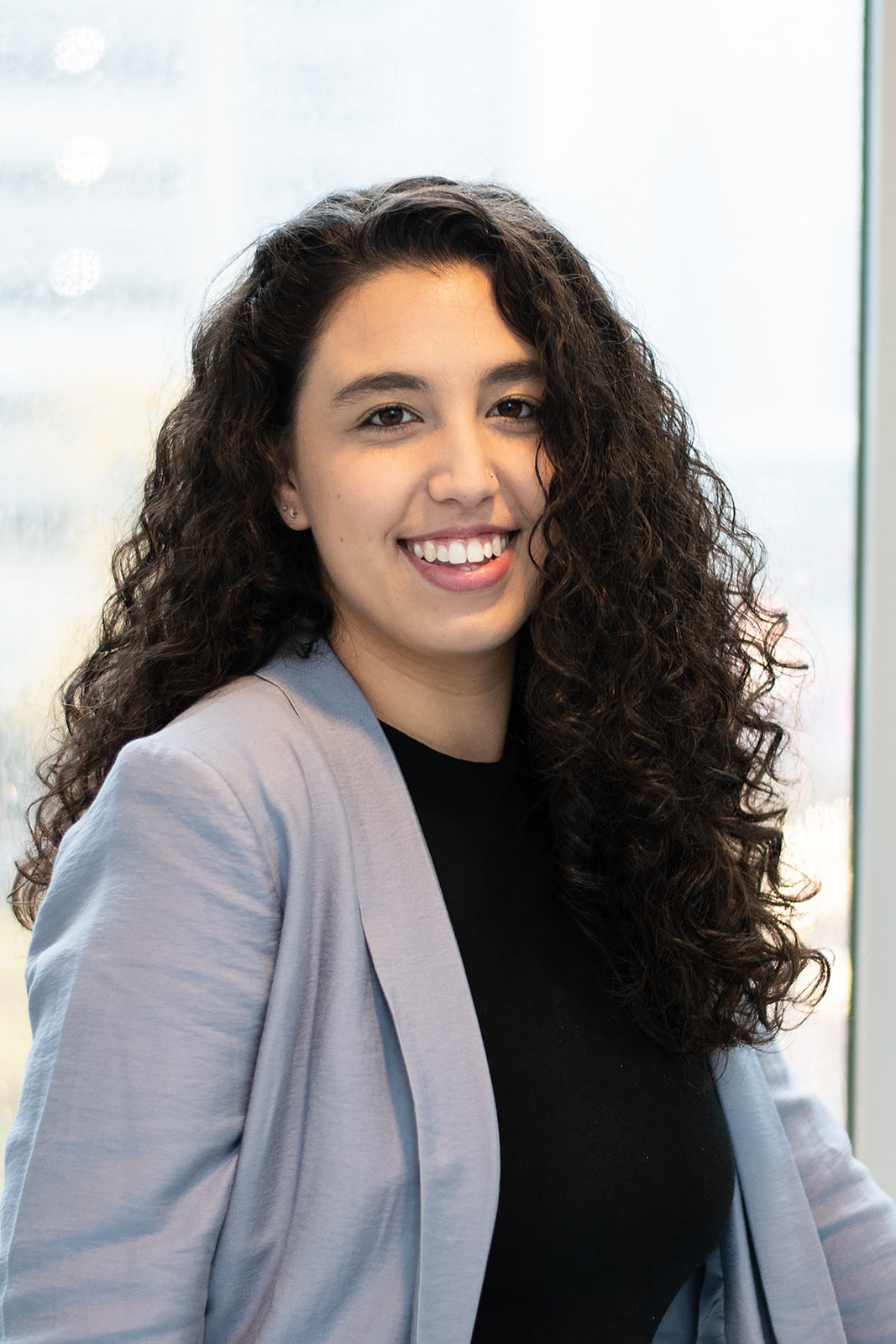Alumni Spotlight on Shani Zalenko, MS
I highly recommend for future reproductive scientists to take a holistic approach to their training by encouraging exposure to various scientific approaches
Shani Zalenko, MS
MS-RSM Class of 2023
Shani Zalenko is an MS-RSM alumna, class of 2023. She completed the non-thesis track and conducted research with Dr. Pamela Monahan. She is currently a Junior Embryologist at the Reproductive Medicine Institute in Oak Brook, Illinois.

Mentor: Pamela Monahan, PhD
Project title: "Investigating Cross-talk Between Estrogen and Notch Signaling Pathways in Prepubertal Ovarian Granulosa Cells"
What is your connection to the CRS community and what is your current position?
My non-thesis mentor in the MS-RSM program was Dr. Monahan, lecturer for the MS-RSM program and Director of Graduate and Postdoctoral Affairs for the CRS. I am now a Junior Embryologist at the Reproductive Medicine Institute (RMI) in Oak Brook, Illinois.
Could you describe your current research/studies?
My current role as Junior Embryologist involves working in a dynamic clinical lab setting in which we acquire gametes and utilize assistive reproductive technologies to produce embryos that can help patients achieve parenthood. My daily roles include performing quality control, assisting in egg retrievals, trimming cumulus and denuding oocytes, thawing and vitrifying embryos, and preparing culture media, among other laboratory maintenance tasks. The main skills that I utilize in this role are manipulation of biological samples under a microscope, use of stripper pipettes and micromanipulator microscopes, culturing reproductive samples, record-keeping and data analysis, as well as ongoing collaboration and communication.
What aspect(s) of CRS did you find most valuable?
The exposure to members of the reproductive science community with varying roles in the reproductive field was extremely valuable. The lectures given by such people thoroughly educated me about the intersection of various careers in reproductive medicine and the importance of them. I gained an immense appreciation for the role of research in clinical practice, given how much novel findings inform clinical protocols such as those that I use as an embryologist. I find myself relying more heavily on literature for validation of protocols since gaining exposure to guest lectures at the CRS during my time as an MS-RSM student.
What has been the most valuable aspect to your training as a reproductive scientist in CRS?
The most valuable aspect to my training at the CRS was the laboratory skills that I had the ability to learn and practice with CRS faculty. Specifically, the microdissection aspect of my non-thesis project gave me ample practice dissecting with needles under a microscope, which is a skill that I use daily as an embryologist during egg retrievals and cumulus trimming. Another valuable aspect to my training in the CRS was the exposure to using micromanipulator technology accompanied by skilled mentorship. The embryological lab skills taught to me by Dr. Hoi Chang Lee and Dr. Joan Riley as a part of my Master’s program are extremely valuable in my current training as an embryologist.
What would you recommend to junior scientists in order for them succeed in their scientific careers?
I highly recommend for future reproductive scientists to take a holistic approach to their training by encouraging exposure to various scientific approaches. It surprised me how valuable reproductive research is in informing reproductive medicine practices and the importance of a wide range of skills for practical application in the reproductive science field. Keep an open mind and don’t turn away from a challenge.
What do you think will be the next big contribution in the reproductive biology field?
I think that the next major contribution in the reproductive biology field will be to find a way to artificially generate gametes for patients that can no longer naturally produce their own. Whether through the use of stem-cells or another technology, it will be groundbreaking progress in the field of fertility medicine to be able to assist patients with contributing their own genetic material to their future children even when their natural fertility fails.
Do you have any notable stories from your time in CRS?
One of the more exciting opportunities offered to me during my time at the CRS was getting to learn, first-hand, about the development of a microfluidics system that would allow for multi-organ culture. I am enthusiastic about the possibilities offered by this new technology in better understanding the influence of various hormones on the development of follicles and oocytes as well as on the development of various reproductive cancers.